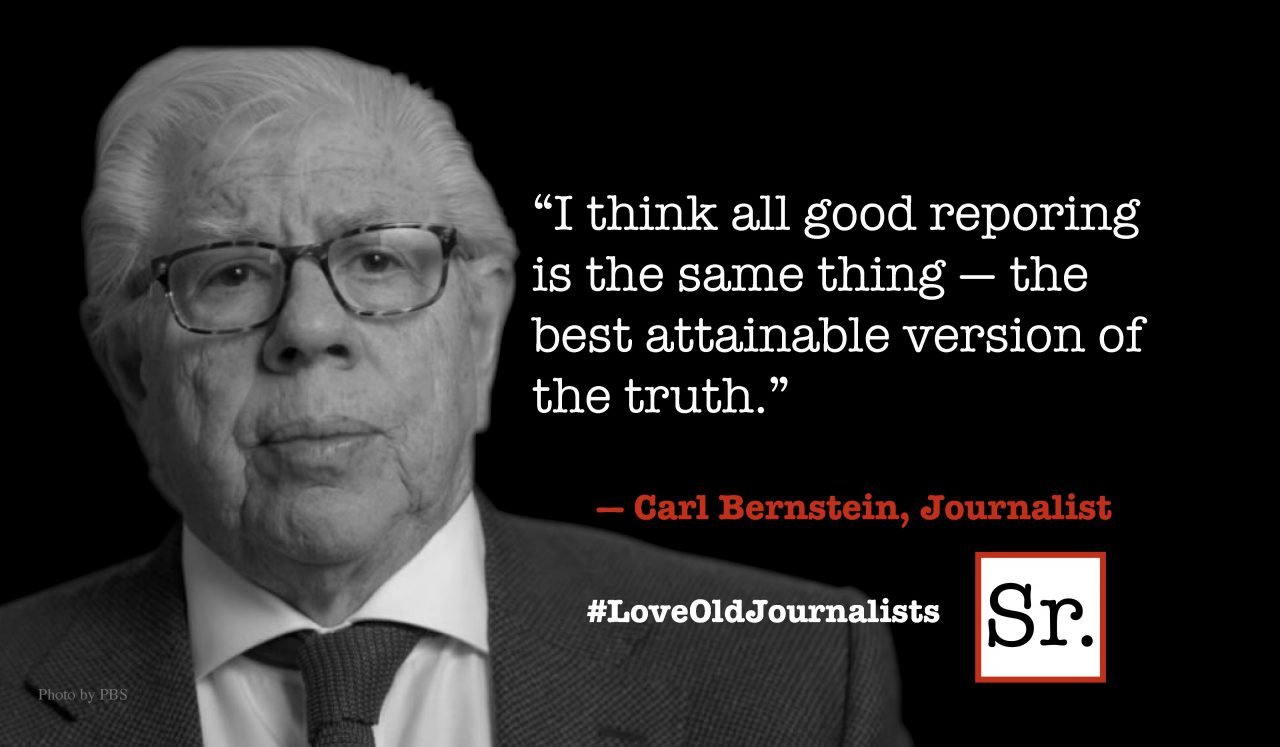When any nation credits God for its victory in war, its capacity to conquer some weaker foe, or its claim that the Divine is on its side, BEWARE!
There are religious voices in the United States that still seem to believe God is our real commander in chief. It is assumed by some religious patriots that when we march to war, the cross of Jesus goes before. So America will be victorious because “In God We Trust.” Our founders were clear, however, that this nation was to be a secular state. Citizens were free to practice religion—or not to, and that viewpoint was enshrined in the first amendment to the Constitution. Not all contemporary nations, however, have adopted a similar perspective
Step back two months to a resolution of the United Nations Security Council that demanded Israel "immediately and completely cease all settlement activities in the occupied Palestinian territory, including East Jerusalem.” The resolution went on to say that Israel’s invasion of the area now occupied by settlers has "no legal validity and constitutes a flagrant violation under international law.” The statement was adopted, fourteen in favor and one abstention.
The failure of the United States to veto the resolution, our usual practice, created a storm. Our abstention supported a major address by John Kerry, the United States Secretary of State, in which he condemned the settlements. Our abstention reinforced a nuanced perspective to what has traditionally has been our unambiguous support for Israel. Even so, while we have urged a two state solution as the only real alternative, we have continued to make possible what we insist we oppose by supplying grants to Israel of more than ten million dollars every day, which amounts to over three billion every year. These are substantially military grants without which the occupation would be impossible.
Last month seventy nations met in Paris in an effort to craft a two state resolution to what has been an intractable problem. Israel rejected even a discussion of the matter by that or any international forum. President Trump has made any solution less likely by appointing as our new Ambassador to Israel David M. Friedman, his bankruptcy lawyer, who is aligned with Israel’s far right, and has been an avid supporter of Jewish settlements in the West Bank.
Certainly Israel has a right to be secure within its own borders. And yet it is increasingly clear that the proliferation of settlements on land that is not theirs is counter productive. In fact, this illegal occupation may be the best recruiting tool for terrorists Palestinians possess.
The question arises as to just what is the justification for the settlements? And here is where I return to the initial point of this column. If the settlements are a violation of international law as well as a violation of the charter of the United Nations, and are opposed even by the only friend Israel has left—the United States—on what basis does Israel claim legitimacy for the existence of these settlements and their continued expansion?
You can search the literature without finding any Israeli political figure offering a justification beyond the following: GOD gave Israel the entirety of the land when he brought the Hebrews out of Egypt. God secured the land for them by helping them conquer and destroy the Canaanite nations who were there. For all these millennia since, it is Yahweh whose covenant with his chosen people has given them that land in perpetuity. Case closed. Who can argue with God?
If Israel possesses the entire region by divine decree, how can that reality even be discussed in an international forum? This reading of the events turns God into a tribal deity who is not much different than scores of the other local gods. These war-like deities of nations, tribes and conquering clans have regularly been used as a justification for conquest.
Over the eons, religious nationalists have sold that image of tribal gods. But the founders of these United States took a very different direction, leading the world out of a cul-de-sac of religious superstition. If you have listened to many young people you must be aware that they no longer are willing to buy that and similar concepts. So about a third of them now list “none” when asked their religious preference.
Does that mean that religion is passé? I think not. But it means that superstition which still proposes tribal images and magical deities are increasingly passé. But hold on. When we think about whether life has any ultimate meaning, we are asking a profoundly religious question. The spiritual quest is centered on being confronted with the mystery we call God, and we approach that mystery not knowing what we will discover.
My guess is we are already witnessing a religious rebirth that seeks deeper meanings, and leads us to engage in practices called “spiritual,” but insist we encounter them without conventional religious trappings. More about that in a future column.









